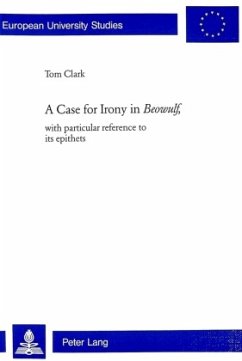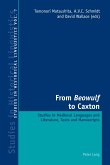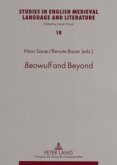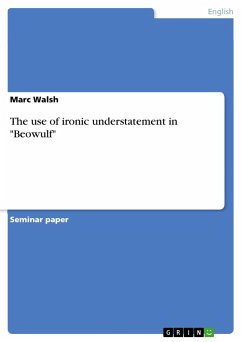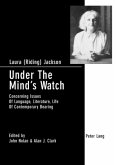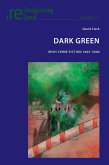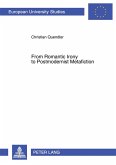This book examines irony in the Old English poem Beowulf. It synthesises an argument that the poetics of Beowulf are fundamentally contrastive. Contrastiveness is a feature of expression that enables the presence of irony, although it does not guarantee it. Using a definition that emphasises contextual rather than absolute readings of irony, this study shows how irony is created in Beowulf by contrastive techniques such as the dichotomy of words and deeds, the use of juxtaposition in its development of characters, and the use of litotes.
The author devotes particular attention to the epithets of Beowulf, examined as both an attributive phrase and the concomitant amplification of that phrase through its poetic context. Close readings of the poem's epithets reveal many ironies and many different types of irony. The systematic coherence of those types shows Beowulf in a new light, as a thoroughly ironic poem.
The author devotes particular attention to the epithets of Beowulf, examined as both an attributive phrase and the concomitant amplification of that phrase through its poetic context. Close readings of the poem's epithets reveal many ironies and many different types of irony. The systematic coherence of those types shows Beowulf in a new light, as a thoroughly ironic poem.

